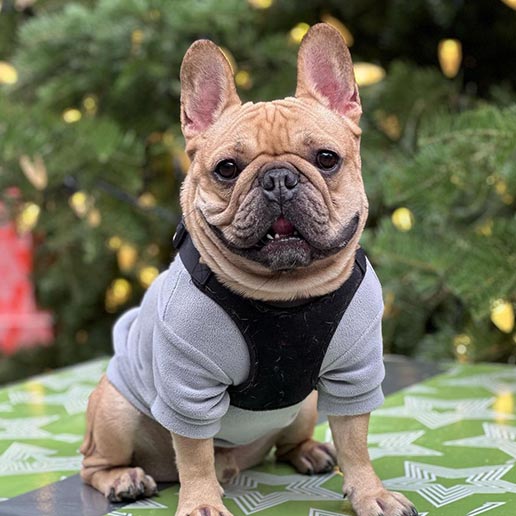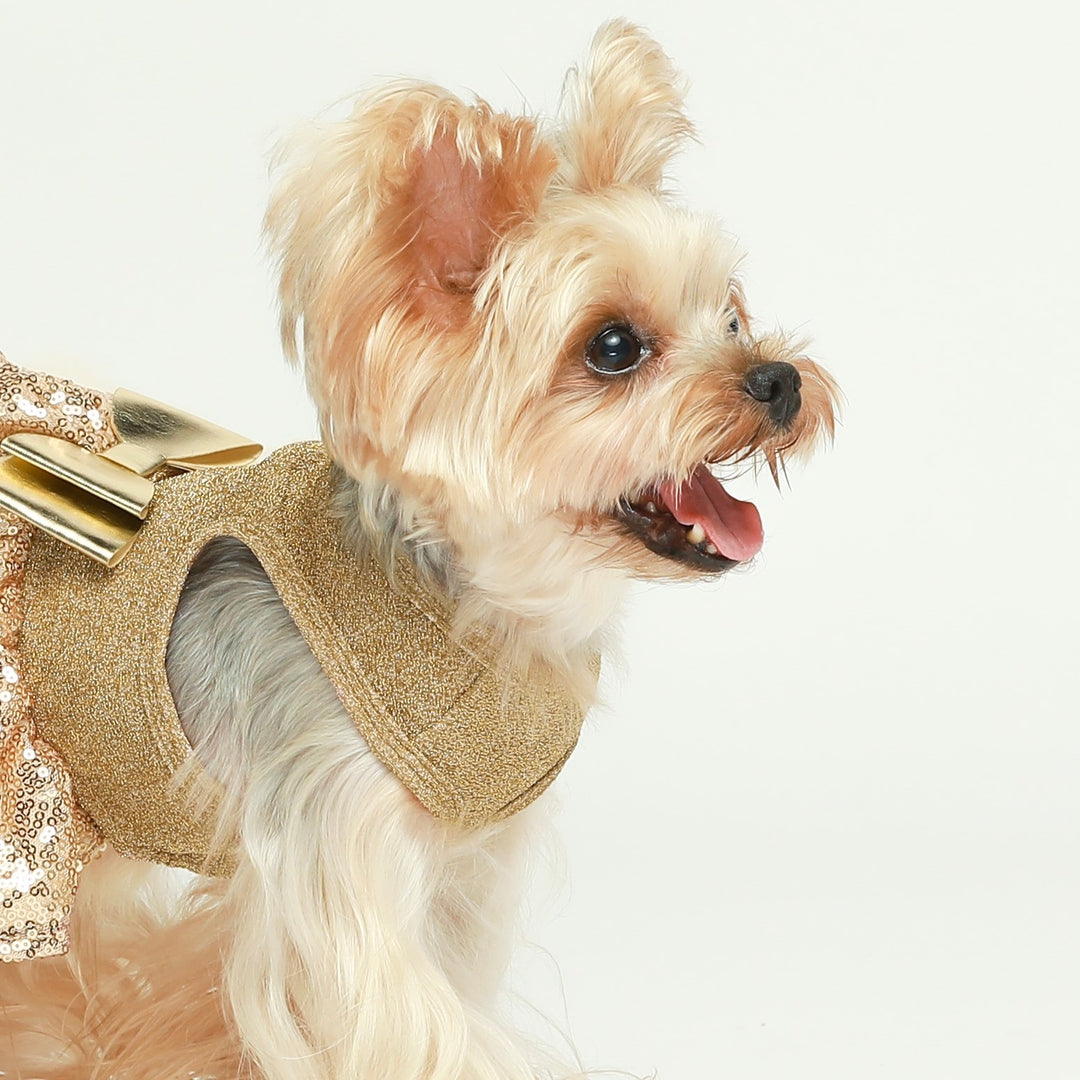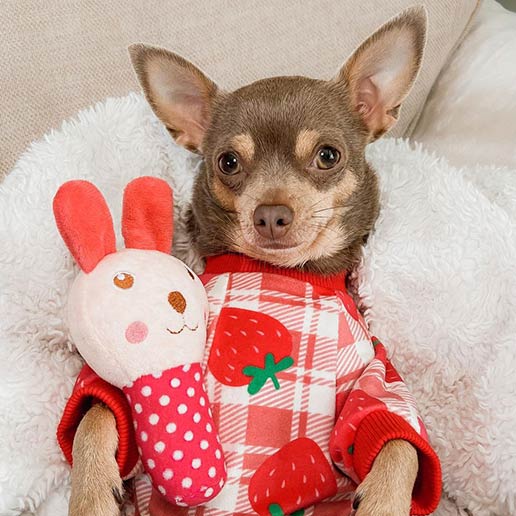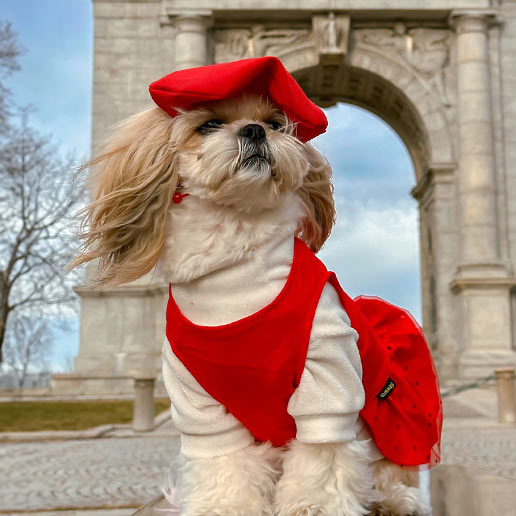What Common Household Items Are Dangerous to Dogs?
Keeping your dog safe in the house means being aware of the hazards presented by common things in and around the home. Dogs naturally are curious animals, and their curiosity sometimes gets them into trouble—especially if that curiosity involves something toxic. In this post, we will be discussing common items that can be poisonous to your dog, so that you can take measures to help prevent an accident.

Common Household Items That Are Dangerous to Dogs
Here is a list of common household items that are particularly dangerous to dogs:
Human Foods:
- Chocolate
- Xylitol (in gum, candy, peanut butter, etc.)
- Grapes and raisins
- Onions, garlic, and chives
- Alcohol
- Caffeine (in coffee, tea, soda)
- Avocado
- Macadamia nuts
Medications:
- Ibuprofen and Naproxen (NSAIDs)
- Acetaminophen (Tylenol)
- Antidepressants
- ADHD medications
Household Cleaners:
- Bleach
- Ammonia
- Toilet Bowl Cleaners
- Drain Cleaners
Plants:
- Lilies (more toxic to cats)
- Sago Palm
- Azaleas and Rhododendrons
- Tulip and Narcissus bulbs
Rodenticides and Insecticides:
- Rat and mouse poisons
- Ant baits containing boric acid
- Slug and snail bait with metaldehyde
Automotive Products:
- Antifreeze (Ethylene Glycol)
- Brake Fluid and Coolants
Miscellaneous:
- Batteries
- Pennies (post-1982)
- Mothballs
- Liquid Potpourri
If you're looking to find out more about what's toxic to dogs, RSPCA Knowledgebase is a great resource packed with helpful information.

How to Keep Your Dog Away from Harmful Household Items
To keep your dog safe at home, you need to actively prevent them from getting into dangerous things. Here are steps to help you create a safer space for your dog:

Put Cleaners and Foods Up High Away from Dogs
Make sure to always keep dangerous chemicals stored high up in cabinets or locked away in closets where your dog can't reach them. Human snacks and other foods that are not dog-friendly should also be kept in sealed containers or behind doors that your dog can't open.

Regularly Look Around for Dangers to Your Dog
Regularly walk through your home to check for any toxic items that could be within your dog's reach. Once a week, scan for anything that could pose a risk, like objects that might fall or small items they could swallow.

Keep Trash Bins Closed and Locked
Choose trash bins with locking lids to stop your dog from rummaging through the garbage and possibly finding something harmful to eat. Be diligent about bagging and throwing away food wrappers or containers so there's no leftover residue that could attract your dog.

No Toxic Plants Where Your Dog Can Get Them
Indoor and outdoor plants that are toxic to dogs should be removed or placed behind secure fencing to prevent access. When selecting new plants for your home, opt for varieties that are safe for pets and double-check their toxicity status against reliable resources such as the ASPCA website.
Put Medications in a Safe Place
Always handle medications far from your dog's reach, and be sure to store them securely right after use. Make it a point to remind everyone in your home about the importance of keeping all pills and supplements out of your pet's reach.
Teach Commands Like 'Leave It' to Your Dog
Spend time training your dog with basic commands like 'leave it' or 'drop it.' These commands can be lifesaving if your dog picks up something dangerous. Always praise and reward your dog when they obey these commands, especially if they avoid or leave hazardous areas alone.
Set Up a Dog-Only Area with Gates or Crates
If there are times when you can't supervise your dog, consider setting up baby gates or playpens to keep them confined to safe areas. Crate training is another effective method to ensure your dog has a secure spot to stay when unsupervised.
Keep Dogs Away When Cooking or Eating
Prevent your dog from going into the kitchen while you're preparing food or cooking. It's also important to clean up any food scraps right after eating to make sure there's nothing left for your dog to sneak a taste of.

Check Your Dog’s Toys for Damage Often
Provide your dog with strong toys that they can't easily tear apart or swallow pieces of. Check their toys regularly for signs of wear and tear, and throw away any that start falling apart to avoid accidental ingestion.
Know Your Emergency Contacts and Keep a First Aid Kit
Have a list of emergency numbers, like your vet's office and poison control, posted in an easy-to-see location. Keep a well-stocked first aid kit and have an emergency plan ready so you know exactly what to do if an incident occurs.
How to Quickly Respond to Dog Poisoning
Remain Calm and Assess the Situation
If you suspect that your dog has ingested poison, you need to remain calm. Take a deep breath so that your head clears. Panic obscures reasoning. Be on the lookout for anything that would suggest your dog is in distress, such as drooling, vomiting, diarrhea, or seizures.

Identify the Toxin
If possible, determine immediately what your dog has ingested. Collect the remaining substance, its container, or even your dog's vomit in case the substance is identified and further treatment is required. If you are uncertain what the substance is, seek immediate emergency assistance over trying to identify the substance.
Do Not Induce Vomiting Unless Instructed
It is crucial not to induce vomiting in your dog unless instructed to do so by a veterinarian or poison control expert. Some substances can be toxic if inhaled into the lungs or cause further damage on their way back up.
Contact a Professional Immediately
Immediately call a pet poison hotline or your veterinarian. Have ready information including your dog's weight, breed, and age, and as many other relevant details as you have. You will also need to know how much toxin your dog has ingested, and when.
Follow Professional Advice
If you have any instructions from a veterinarian or poison control, then follow them to the letter. If it advises first aid and bringing your dog in for treatment, then that is what you should do. Bring any associated items with you if you need to go to a vet; these may be used to help diagnose and treat your dog.

Transport Your Dog Safely
If you are exposing your pet to the vet, then they should be calm and secure as much as possible. They should be warm during transport and, at the same time, comfortable so as not to experience shock and other additional stress.
Observe and Support Post-Incident
Observe your dog after the incident for continued effects or even a belated reaction. Provide new water and a quiet place to sleep. Observation is akin to early detection of late-manifesting ailments.
Update Your Emergency Kit and Plan
Once things return to normal, replace any of the pet first-aid kit components used during the emergency. Re-think your emergency action plan, making improvements where necessary based on what you learned from this incident. That way, if another accident does happen, you will be better prepared.

Take Action to Protect Your Dog Today
Your dog needs you to be observant constantly and to act against the potential hazards within the four walls of the house. Let your home be a safer place for your pet by knowing what things in and around the house may pose a potential threat to your dog. Be prepared to take immediate action in case of any emergency and keep this guide handy if you need to refer to it. Sensitive and watchful, you will prevent many instances of sickness and danger to your dog.














